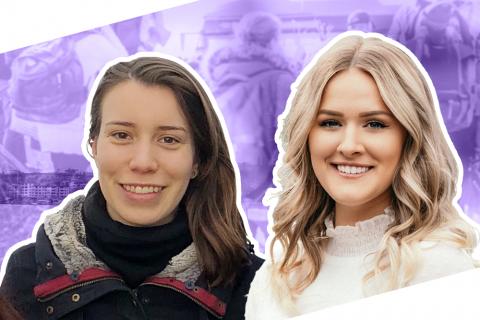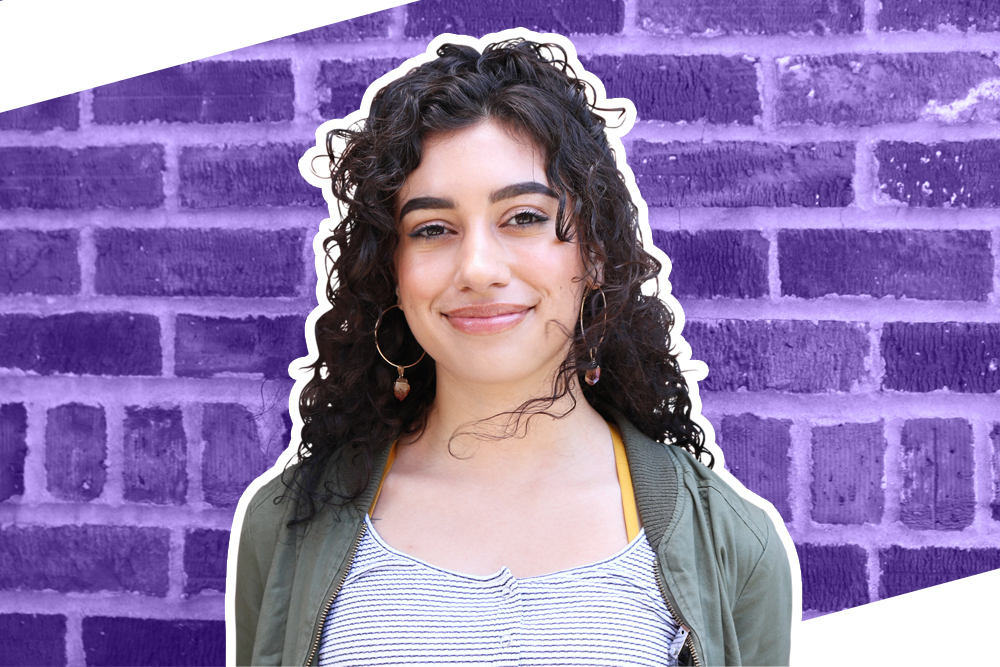
Student stipend recepients, Olga Vitruk and Taylor Erickson
Washington State and King County continue to be top resettlement destinations for refugees. In particular, since the escalation of the Russo-Ukrainian war in February 2022, the Seattle area has experienced a large influx of Ukrainian refugees.
To help provide better care to these refugee communities, the University of Washington Health Sciences Libraries and Harborview Medical Center’s Interpreter Services Department (ISD) formed a joint program called EthnoMed. EthnoMed’s purpose is to make information about culture, language, health, illness, and community resources directly accessible to providers who see patients from different ethnic groups in area clinics.
One of the key resources EthnoMed offers is its Primary Care Provider Toolkit. This Toolkit includes information on health screenings, treatment recommendations, referrals, and resources that care providers can utilize with refugee populations. This Toolkit was last updated in 2015, and much of its content was outdated or irrelevant to current refugee populations in King County.
While earning her MPH at UW, Taylor Erickson obtained an internship with EthnoMed. Taylor worked with several other members of EthnoMed’s team to update the Primary Care Provider Toolkit. In concert with Taylor’s efforts, another UW MPH student, Olga Vitruk, worked to create the Ukrainian Mental Health Profile for EthnoMed’s website.
Both Taylor and Olga received stipends from the Northwest Center for Public Health Practice, which provides financial support for students working on a variety of public health projects across the Pacific Northwest.
Taylor began by conducting interviews with community leaders from the Afghani, Iraqi, and Ukrainian refugee communities in King County. Olga conducted similar interviews with mental health providers and community organizations that serve Ukrainian refugees. Both of them soon found several themes that stretched across the interviews they conducted.
“We quickly realized the need to expand language access services,” Taylor noted. “Specifically, we saw that we needed to pay special attention to the relationship between an interpreter, a refugee, and the care provider.”
Taylor and Olga also found that mental health continues to be an essential concern for refugee communities. Their interviews showed high levels of anxiety, depression, and PTSD. Additionally, Olga found that many members of the Ukrainian refugee community often had stigmas around receiving care for mental health conditions.
“We found many Ukrainian refugees underestimate the importance of mental health, especially when they’re in a new setting and are presented with the various obstacles involved in transitioning to a new life,” Olga said. “Many of these, especially among older generations, have stigmas around receiving treatment for mental health, and often have additional concerns about trust and confidentiality.”
Based on her interviews, Taylor provided nine recommendations to improve EthnoMed’s Primary Care Provider Toolkit. “The updated Toolkit will better educate providers on the needs of refugee communities,” she noted, “and the overall project should improve health equity for refugee communities across King County.”
Olga’s work helped build out a comprehensive mental health profile of Ukrainian refugees for EthnoMed’s website. “I believe the profiles we created will be useful tools for providers working with Ukrainian refugees, both in the Seattle area and across the world,” Olga said. “I also hope this project helps Ukrainian refugees assimilate and transition more comfortably into their new homes.”
Both Taylor and Olga emphasized how important the stipends they received were to completing their projects. “I’m very grateful for this award,” Olga said. “This funding allowed me to give more time and thought to my project, and empowered me to give back to my Ukrainian community in a very meaningful way.”
The Northwest Center for Public Health Practice continues to provide funding for students involved in various public health projects. Visit Student Projects to learn more about past projects, eligibility, and to apply directly for a stipend.


